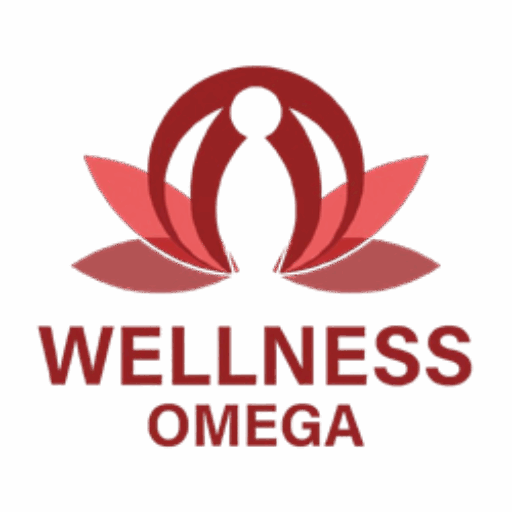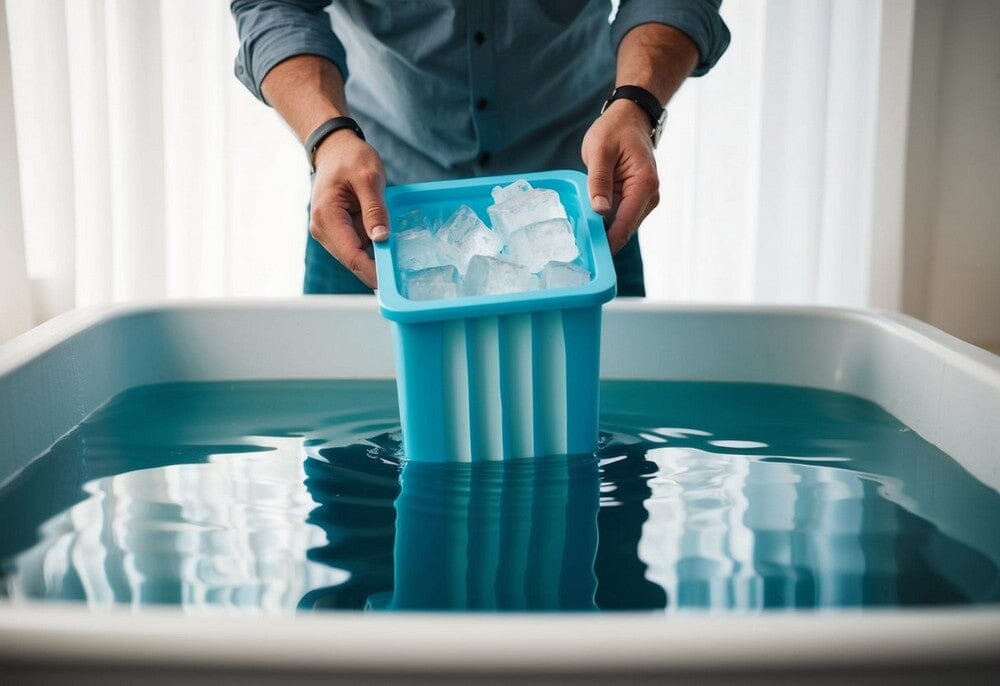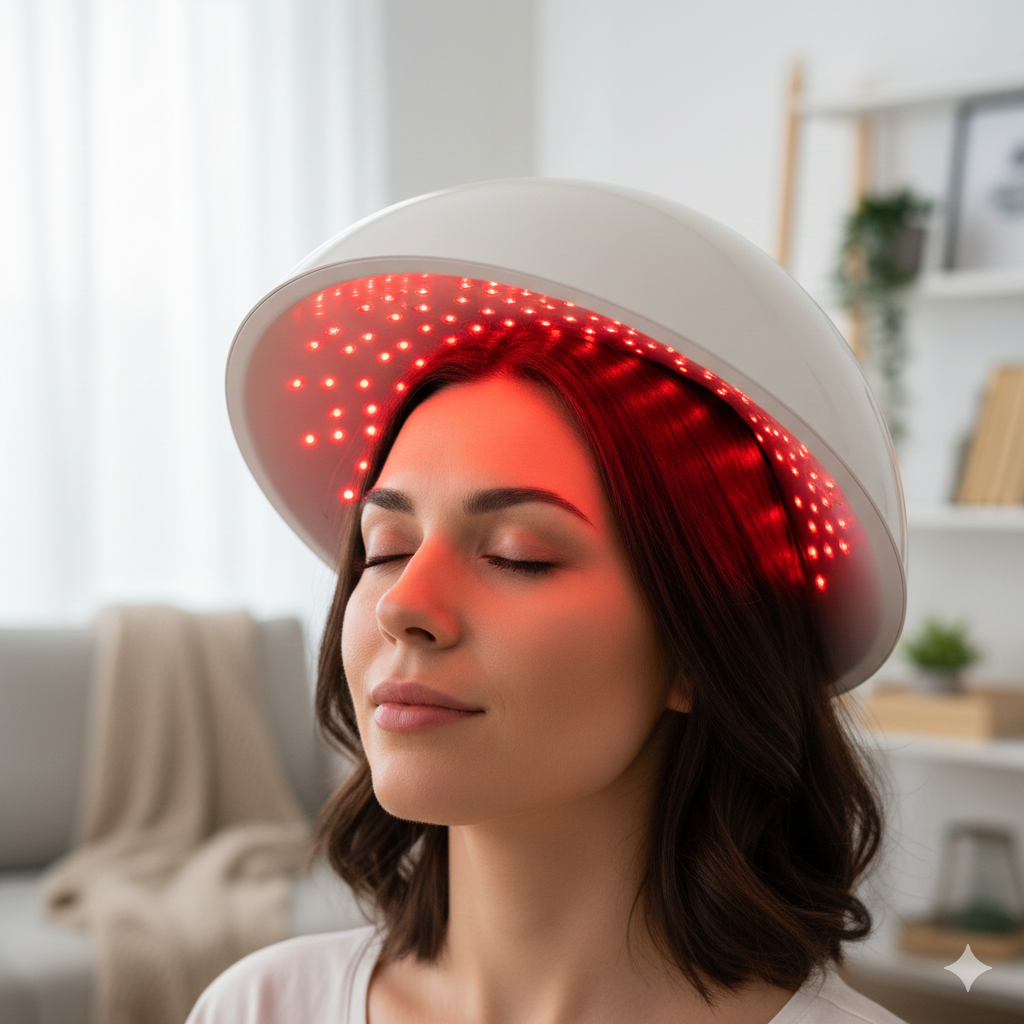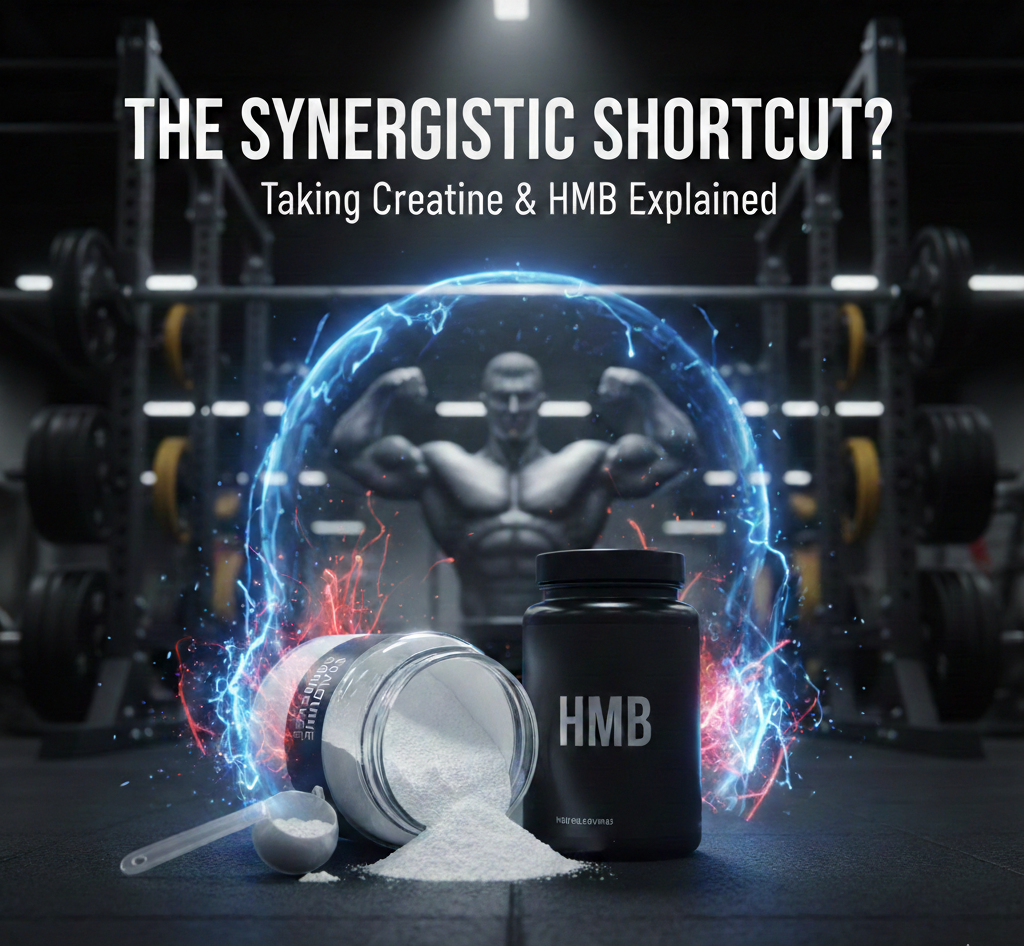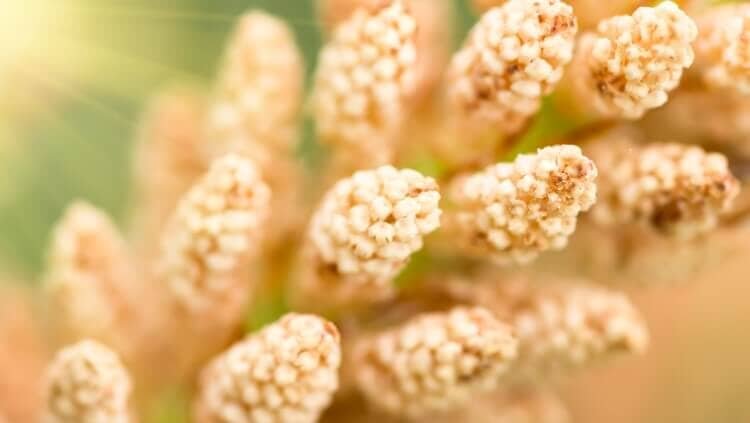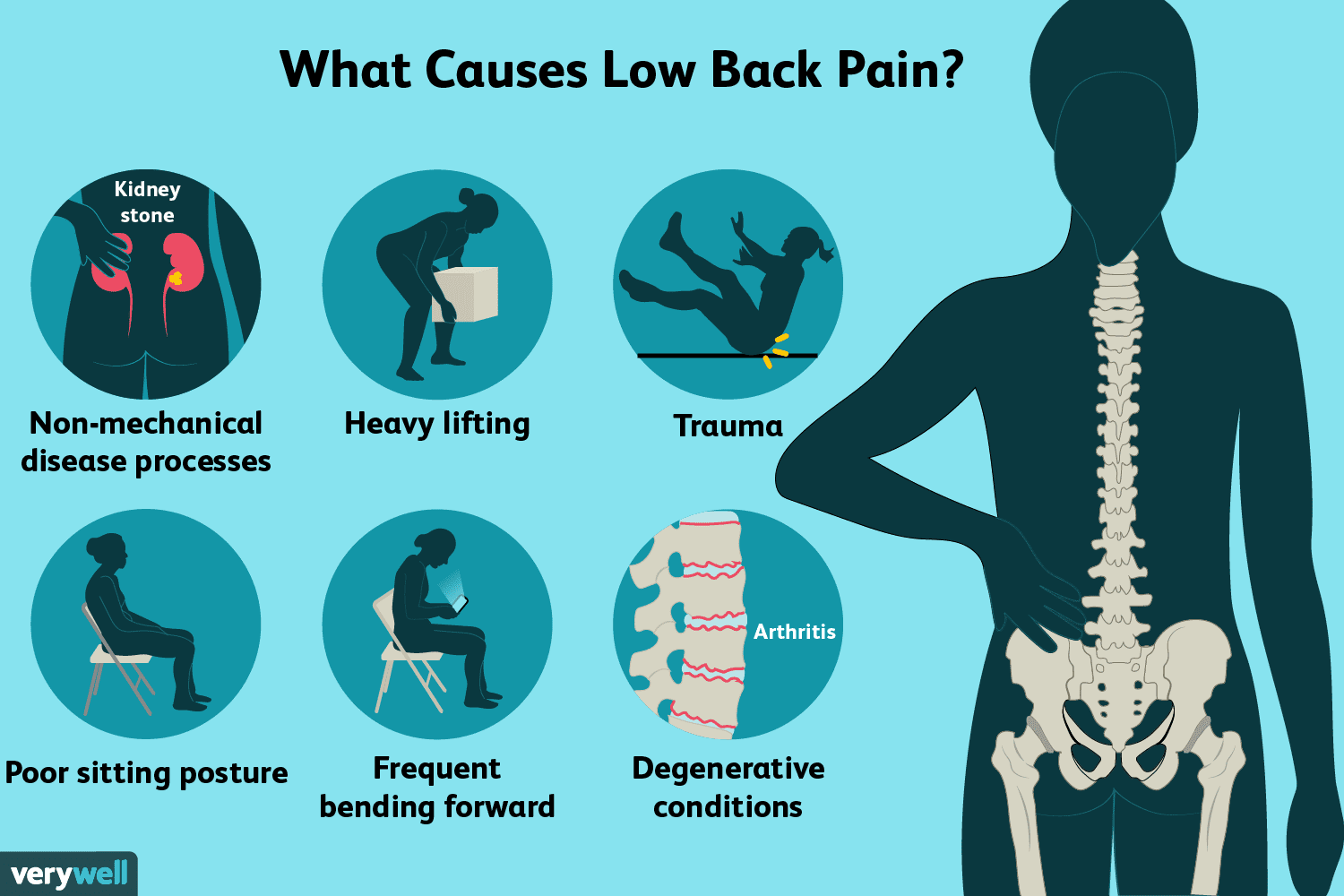Athletes and fitness enthusiasts often explore various methods to optimize performance and recovery. Cold therapy, particularly ice baths, has gained popularity as a recovery tool. This leads to the intriguing question on many minds today: do ice baths increase testosterone?
Current research does not conclusively support the claim that ice baths boost testosterone levels. While cold therapy may offer benefits such as reduced muscle soreness and inflammation, its direct impact on testosterone is not well-documented. The human body’s hormonal responses to cold exposure can be complex and vary among individuals.
Despite the lack of direct evidence linking ice baths to increased testosterone, some people enjoy incorporating them into their exercise routines for other advantages. Understanding the potential benefits and limitations of cold therapy can help individuals make informed decisions about their training and recovery strategies.
Testosterone and Its Importance
Testosterone plays a crucial role in maintaining various bodily functions. It is essential for muscle growth, fat reduction, and the enhancement of libido. Understanding its impact provides insight into male health and fertility.
Roles of Testosterone
Testosterone is primarily known for its role in male fertility. It supports sperm production and improves sperm quality and count, which are vital for conception. The hormone also stimulates protein synthesis, assisting in muscle development and maintenance.
Sex drive is often linked to testosterone levels. Higher levels typically enhance libido, contributing to better sexual functioning. Beyond physical attributes, testosterone influences mental health, supporting mood regulation and cognitive clarity.
Optimal Testosterone Levels
Maintaining optimal testosterone levels is important for overall health. Though levels naturally decline with age, certain lifestyle factors can help boost testosterone effectively. Proper diet, regular exercise, and adequate sleep contribute positively.
Numerous health benefits like increased energy, improved mood, and better fat reduction are linked to balanced hormone levels. Monitoring these levels is crucial, especially for those experiencing symptoms of deficiency. Consultation with healthcare providers can ensure levels remain within a healthy range.
Assessing hormone levels regularly can also align efforts to increase testosterone naturally, supporting long-term wellness.
Science of Cold Exposure

Cold exposure triggers various physiological responses in the body, affecting both metabolism and hormone levels. It can influence energy levels, metabolism, and possibly hormone production through specific mechanisms.
Effects of Cold on the Body
Cold exposure, such as from a cold plunge or cold water immersion, causes blood vessels to constrict, improving circulation upon rewarming. This boosts oxygenation and may enhance energy levels. Norepinephrine, a hormone crucial for alertness, increases during cold exposure, potentially contributing to these effects.
Brown adipose tissue, or brown fat, is activated by cold, which is different from white fat. It generates heat and potentially supports fat burning. Cold exposure may also impact the immune system, with increases in white blood cells and improved immune function observed in some studies.
Cold Adaptation and Hormonal Response
With repeated cold exposure, the body adapts in various ways. There is a potential increase in cortisol, a hormone involved in stress response, although levels often stabilize with regular exposure. Cold showers and plunge pools can influence hormonal balance, including increased norepinephrine and possible effects on testosterone.
Erythropoietin production, which stimulates red blood cells, may also rise with cold exposure, enhancing oxygen flow and metabolic rate. The activation of brown fat during cold exposure increases energy expenditure, potentially aiding with fat loss and insulin control. This hormonal adaptation helps the body manage energy more efficiently and may reduce inflammation.
Ice Baths and Testosterone Levels
Can Ice Baths Increase Testosterone?
The relationship between ice baths and testosterone levels is not straightforward. Some studies suggest that cold exposure could temporarily increase testosterone, chiefly due to reduced cortisol levels. Cortisol, a stress hormone, typically inhibits testosterone production. By lowering cortisol, ice baths might allow testosterone levels to rise slightly.
Furthermore, the cold stimulus is known to boost norepinephrine, a hormone related to alertness and concentration. While norepinephrine might improve mental clarity, a direct link between its elevation and an increase in testosterone is less evident. Many experts believe that while cold therapy, like ice baths and cold showers, can have beneficial effects, it may not drastically alter testosterone levels in the long run.
Understanding Individual Responses
Individual response to ice baths varies significantly. Factors such as age, fitness level, and hormonal baseline play a crucial role in determining the effects on testosterone and related health indicators. For some, the cold exposure may enhance recovery and improve perceived energy levels.
However, not everyone will experience the same benefits. Cold therapy might positively impact sex drive for some individuals, yet for others, it may have little to no effect on fertility or sperm production. Monitoring one’s own response is essential to understanding any personal hormonal changes and benefits.
Therapeutic Effects of Cold Therapy
Cold therapy is increasingly utilized for its numerous therapeutic advantages. These benefits encompass not only physical recovery and performance enhancement, but also mental health improvements and overall well-being.
Recovery and Performance
Cold therapy, such as cryotherapy and ice baths, is frequently used by athletes seeking to enhance recovery and performance. Reducing inflammation and improving circulation are two key benefits. By constricting blood vessels and then dilating them post-treatment, cold therapy helps flush out metabolic waste.
This process can facilitate muscle growth and reduce soreness. Some athletes report a temporary testosterone boost, which can aid in muscle recovery. Regular cold therapy sessions may also improve cardiovascular health by promoting better circulation and oxygenation to muscles. Stress relief is another noted benefit, assisting athletes in maintaining focus and clarity during competitions.
Mental and Physical Health Benefits
The mental health benefits of cold therapy are gaining recognition as well. Regular exposure can bolster the immune system, providing stress management and promoting an enhanced sense of well-being.
Reducing anxiety and depression symptoms are notable effects, with users often experiencing increased mental clarity. There is evidence suggesting that cold exposure can improve sleep quality. Cold therapy may contribute to fat reduction, supporting lifestyle changes aimed at overall health and wellness. Stress relief remains central, with potential long-term improvements in mental and cardiovascular health.
Factors Affecting Testosterone Levels

Testosterone levels can be influenced by exercise habits, sleep patterns, and dietary choices. Each plays a critical role in regulating hormone levels and overall well-being.
Influence of Exercise and Lifestyle Choices
Regular exercise often leads to an increase in testosterone production. Activities such as weight lifting and high-intensity interval training can promote muscle growth and enhance energy levels.
Lifestyle choices also contribute significantly; for instance, maintaining a healthy weight positively impacts testosterone levels. Exercise reduces the stress hormone cortisol, aiding in better well-being and mental health.
The presence of brown adipose tissue and its role in fat burning during exercise can also influence hormone levels. However, individual responses may vary, underscoring the importance of personalized fitness regimens.
The Role of Sleep in Hormone Regulation
Adequate sleep is crucial for hormone regulation, impacting testosterone significantly. Deep sleep supports the production of luteinizing hormone, which stimulates Leydig cells responsible for testosterone secretion.
Insufficient sleep can result in low testosterone, affecting sex drive and sperm production, alongside diminishing energy levels and impairing mental health.
Sleep’s impact extends to other hormones, like cortisol and estrogen, potentially affecting immune system function and fertility. Thus, promoting good sleep hygiene is essential for hormonal balance and cardiovascular health.
Diet and Nutritional Contributions
Diet plays a pivotal role in hormone regulation. Nutrient-rich foods, including leafy greens, fish, and nuts, can support testosterone levels. Essential vitamins and minerals, such as vitamin D, zinc, and omega-3 fatty acids, contribute to muscle growth and overall health and wellness.
Consuming unhealthy fats and sugars can lead to the downregulation of testosterone production. Protein intake supports muscle repair and might boost well-being.
Balancing macronutrients helps optimize hormone levels, affecting energy levels and preventing depression associated with low testosterone. Eating patterns, combined with lifestyle and sleep, can profoundly impact testosterone production.
Conclusion
Ice baths, often utilized as a form of cold therapy, are a popular choice among athletes and health enthusiasts for recovery and reducing muscle soreness post-exercise. While there are claims that cold exposure through ice baths might help boost testosterone levels, scientific support for this assertion remains inconclusive.
While ice baths can serve as a valuable addition to a comprehensive exercise regimen, they should not be the sole strategy for increasing testosterone levels. Instead, consider integrating supplements like Testogen from Health Nutrition, a game-changing testosterone booster that can complement your health routine effectively.
Source link
